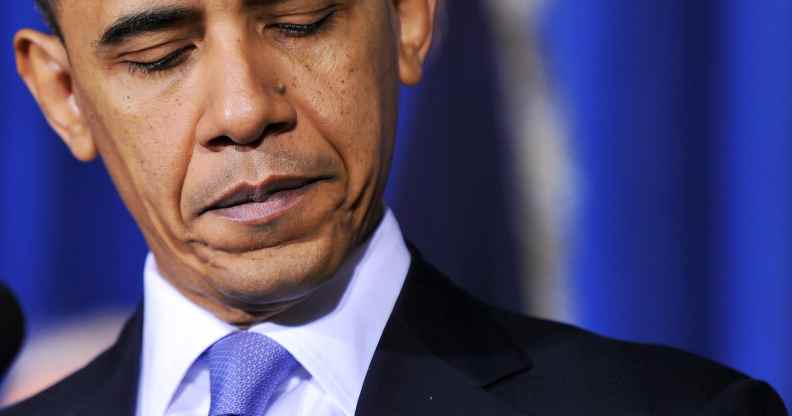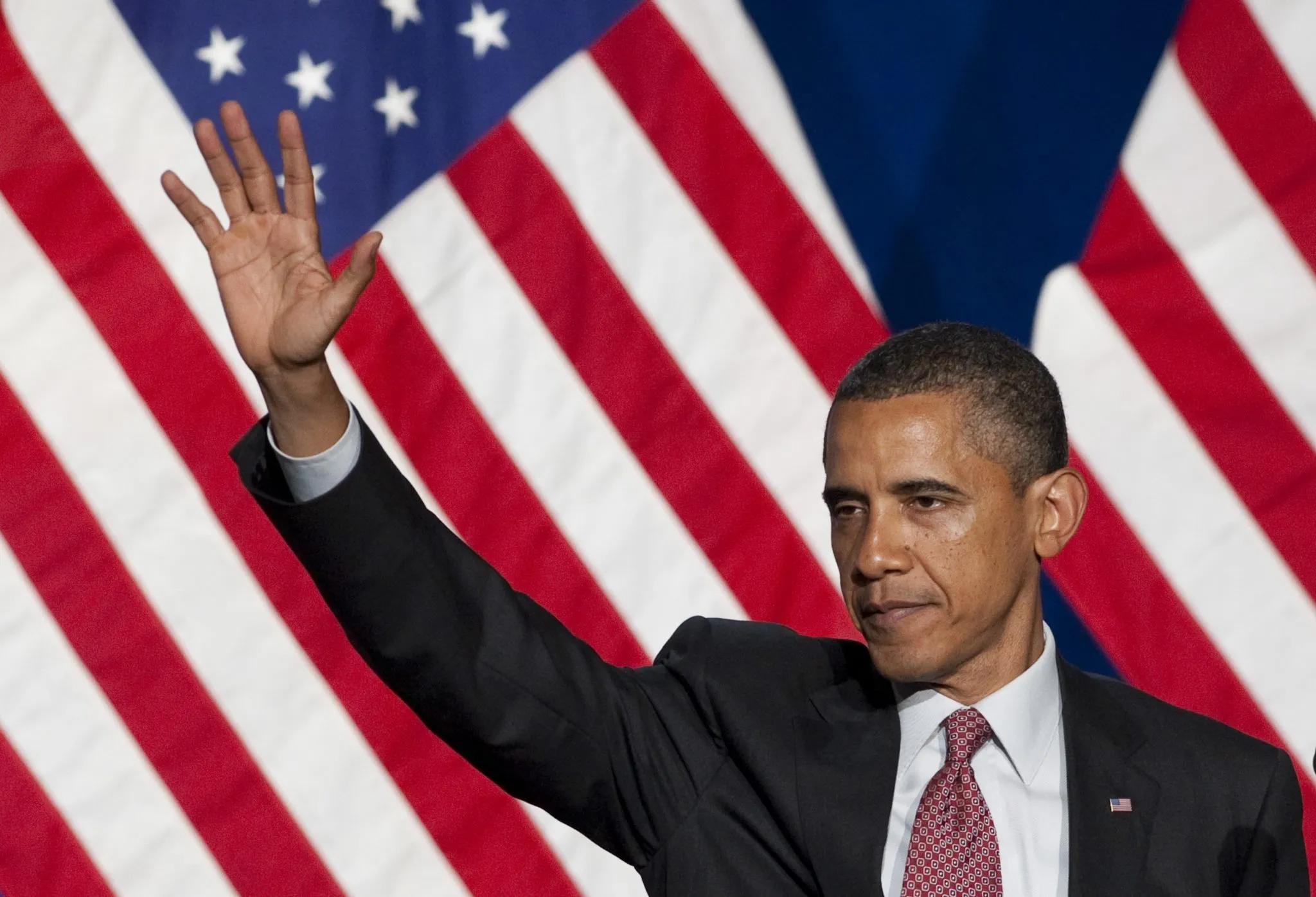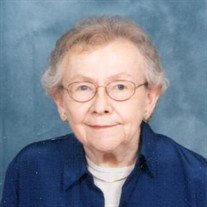Barack Obama admits he called people ‘f*gs’ as an ‘insecure’ teenager

US President Barack Obama speaks before signing the Don’t Ask, Don’t Tell Repeal Act of 2010 into law (JEWEL SAMAD/AFP via Getty)
Barack Obama has admitted he called people “f*gs” as a teenager, and feels “profoundly ashamed” of his past.
The leader made the revelation about his homophobic past in the first volume of his memoirs, A Promised Land, which was published on Wednesday.
In the book, Obama speaks candidly about the regressive views towards LGBT+ people he held in the years before entering politics, admitting his “attitudes toward gays, lesbians, and transgender people hadn’t always been particularly enlightened”.
Barack Obama reveals he had a lesbian aunt and ‘regrets’ teenage homophobia.
Revealing for the first time that his great aunt was in a same-sex relationship, the leader wrote: “I grew up in the 70s, a time when LGBTQ life was far less visible to those outside the community, so that [grandmother] Toot’s sister (and one of my favourite relatives), aunt Arlene, felt obliged to introduce her partner of 20 years as ‘my close friend Marge’ whenever she visited us in Hawaii.
“And like many teenage boys in those years, my friends and I sometimes threw around words like ‘f*g’ or ‘gay’ at each other as casual put-downs – callow attempts to fortify our masculinity and hide our insecurities.
“Once I got to college and became friends with fellow students and professors who were openly gay, though, I realised the overt discrimination and hate they were subject to, as well as the loneliness and self-doubt that the dominant culture imposed on them. I felt ashamed of my past behaviour – and learned to do better.”
The leader credited “the friendships I made and the stories I heard… from LGBTQ people during college and my early career” with “opening my heart to the human dimensions of issues that I’d once thought of in mainly abstract terms”.

US President Barack Obama waves after speaking at the Democratic National Committee’s Lesbian Gay Bisexual Transgender Leadership Gala in New York, June 23, 2011. (SAUL LOEB/AFP via Getty Images)
Of course, Obama put his evolved beliefs into practise as president, repealing the ban on openly gay soldiers in the US military, using executive powers to enforce LGBT+ non-discrimination protections for federal contractors, passing a federal hate crimes law in honour of murdered gay teen Matthew Shepard, and nominating two pro-LGBT+ Supreme Court justices who helped tip the balance in favour of marriage equality.
He reflected: “Alongside abortion, guns, and just about anything to do with race, the issues of LGBTQ rights and immigration had occupied centre stage in America’s culture wars for decades, in part because they raised the most basic question in our democracy – namely, who do we consider a true member of the American family, deserving of the same rights, respect, and concern that we expect for ourselves?
“I believed in defining that family broadly – it included gay people as well as straight, and it included immigrant families that had put down roots and raised kids here, even if they hadn’t come through the front door. How could I believe otherwise, when some of the same arguments for their exclusion had so often been used to exclude those who looked like me?”
Former president has not spoken publicly about his great-aunt’s relationship before.
Obama’s great aunt Margaret Arlene Payne died in 2014 at the age of 87, with her obituary noting that she is survived by her family and “friend Margery Duffey”.

Obama’s great aunt Margaret Arlene Payne died in 2014 at the age of 87
Duffey, who worked alongside Payne as an academic, was interviewed about her death at the time. She told The Charlotte Observer: “There weren’t very many (women) who had PhDs. I think she was proud of her work at the University of Chicago… and being able then to share knowledge with others.”
Of Payne’s obituary, which made little note of her connection to the then-serving president of the United States outside a list of surviving relatives, Duffey had said: “He was in the place of the relatives, which is what he was for her.”

